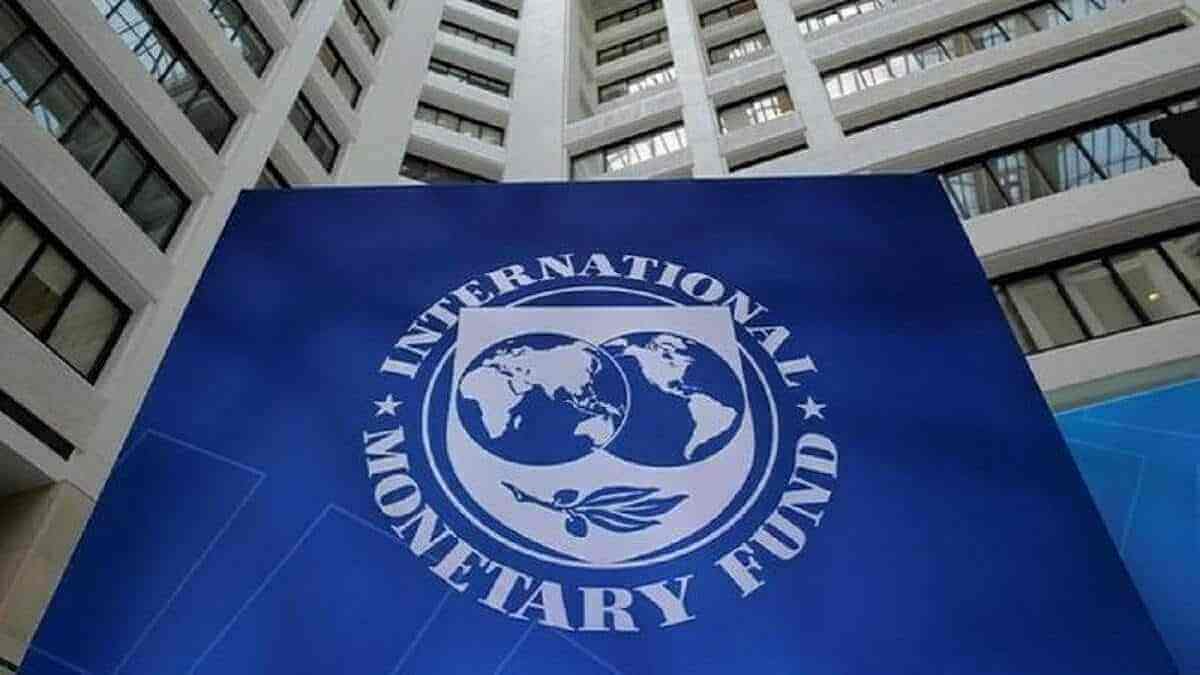The International Monetary Fund (IMF) provisionally agreed a $4.5-billion support programme for Bangladesh, with the country’s finance minister saying the deal would help prevent economic instability escalating into a crisis.
Buy Prime Test Series for all Banking, SSC, Insurance & other exams
Current Economic Situation Of Bangladesh:
Bangladesh’s $416-billion economy has been one of the world’s fastest growing economy for years. But rising energy and food prices, sparked by Russia’s invasion of Ukraine, along with shrinking foreign exchange reserves, have swelled its import bill and current account deficit.
It became the third South Asian nation to secure a “staff-level agreement” with the IMF for loans this year, after Pakistan and Sri Lanka.
Why The Crisis Situation:
Bangladesh’s economic mainstay is the export-oriented garment industry, which is bracing for a slowdown as big customers like Walmart are saddled with excess stocks as inflation forces people to prioritise their spending.
The country’ foreign exchange reserves had dwindled to $35.74 billion by Nov. 2 from $46.49 billion a year ago, central bank data showed.
What Has Been Said:
“The heat of the global economy has affected our economy to some extent,” Finance Minister A.H.M. Mustafa Kamal told reporters after the IMF announcement. “We requested the IMF loan as a precautionary measure to ensure that this instability does not escalate into a crisis.”
The Fund said a “staff-level agreement” had been reached for a 42-month arrangement, including about $3.2 billion from its Extended Credit Facility (ECF) and Extended Fund Facility (EFF), plus about $1.3 billion from its new Resilience and Sustainability Facility (RSF).
“The objectives of Bangladesh’s new Fund-supported program are to preserve macroeconomic stability and support strong, inclusive, and green growth, while protecting the vulnerable,” the lender said in a statement.
About IMF:
The International Monetary Fund (IMF) is an organization of 190 member countries, each of which has representation on the IMF’s executive board in proportion to its financial importance, so that the most powerful countries in the global economy have the most voting power.
History of IMF:
- The IMF, also known as the Fund, was conceived at a UN conference in Bretton Woods, New Hampshire, United States, in July 1944.
- The 44 countries at that conference sought to build a framework for economic cooperation to avoid a repetition of the competitive devaluations that had contributed to the Great Depression of the 1930s.
- Countries were not eligible for membership in the International Bank for Reconstruction and Development (IBRD) unless they were members of the IMF.
- IMF, as per Bretton Woods agreement to encourage international financial cooperation, introduced a system of convertible currencies at fixed exchange rates, and replaced gold with the U.S. dollar (gold at $35 per ounce) for official reserve.
- After the Bretton Woods system (system of fixed exchange rates) collapsed in the 1971, the IMF has promoted the system of floating exchange rates. Countries are free to choose their exchange arrangement, meaning that market forces determine the value of currencies relative to one another. This system continues to be in place today.



 Indian Olympic Medal Winners List Till N...
Indian Olympic Medal Winners List Till N...
 Who is the Inventor of the Gramophone?
Who is the Inventor of the Gramophone?
 HS Dhaliwal Appointed New DGP Of Andaman...
HS Dhaliwal Appointed New DGP Of Andaman...
